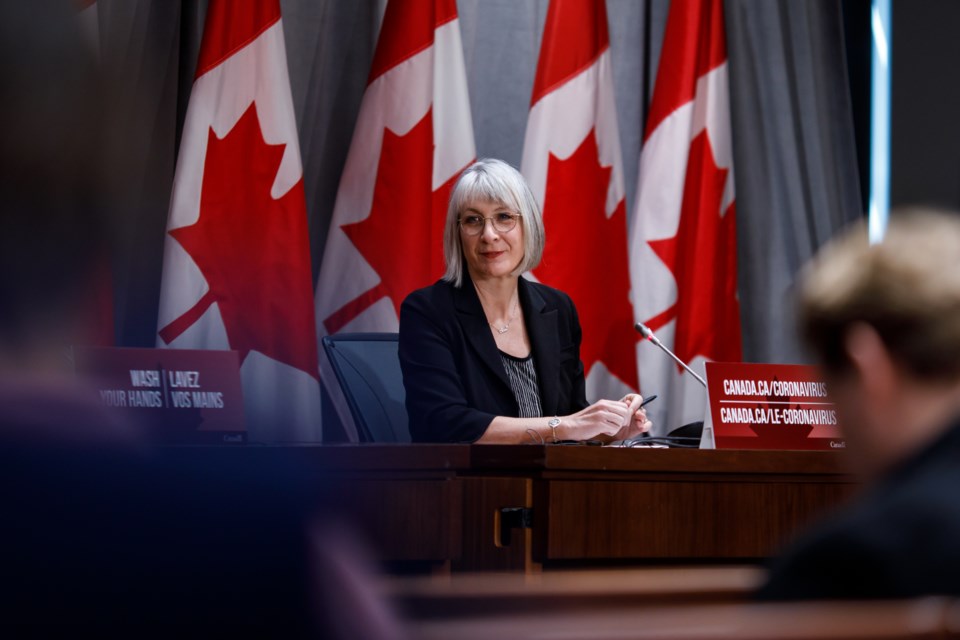THUNDER BAY – The federal government is appealing a federal court ruling on compensation for children placed in the Indigenous child welfare system, even as it touts an agreement for talks for an out-of-court deal by December.
The government announced Friday it had reached an agreement with the parties to a Canadian Human Rights Tribunal decision that was recently upheld in court, the First Nations Child and Family Caring Society and the Assembly of First Nations.
Ottawa hopes to reach an agreement providing “fair, equitable compensation” for those eligible, achieve long-term reform of First Nations child welfare services, and secure funding for infrastructure to support the delivery of those services on reserve, the government said in a statement.
In 2016, the CHRT found the government’s underfunding of on-reserve child welfare services amounted to discrimination, and later ordered it to pay $40,000 to an estimated 50,000 children and in some cases, their parents or grandparents.
The government’s appeal of the CHRT ruling lost in federal court earlier this year. The government filed its newest appeal of that court decision on Friday just before a deadline to do so.
It announced the agreement for talks with the AFN and Child and Family Caring Society shortly afterwards.
Thunder Bay-Superior North MP Patty Hajdu, freshly minted as Minister of Indigenous Services just days earlier, held a press conference to address the new developments Friday evening, along with Minister of Crown-Indigenous Relations Marc Miller and Attorney General David Lametti.
Hajdu said the government had filed a “protective appeal,” but that process would be paused during talks.
“All parties agree we will focus on reaching an agreement outside of court,” she said.
The parties had worked over the past week to reach the agreement, she said, with Miller saying those talks ran to the “last minute.”
Miller, who served as Indigenous Services Minister before the recent cabinet shuffle, seemed to suggest the government wouldn’t try to lower the amount offered to those eligible.
“I don’t think there is any intention to reduce any amount paid,” he said, but wouldn’t firmly commit to a floor of $40,000 for compensation. “We need to have a serious discussion about what the floor is, what the ceiling is.”
“There are children that are entitled to more than $40,000, that’s clear,” he added.
Nishnawbe Aski Nation, which represents 49 First Nations in Northern Ontario, said it was dismayed by the government's handling of the issue.
"We are disappointed that Canada has not abided by the rulings of the Federal Court and filed this appeal, looking again to litigation to sort out its obligations to First Nations children," said Deputy Grand Chief Bobby Narcisse in a statement. "We acknowledge that Canada has tabled a significant offer that parties to this litigation believe may provide a path forward... But we are very frustrated with this process."
Miller said Canada is “committed to dropping our appeal” despite filing it earlier the same day.
“People can complain about the appeal that was filed today… but depending on how the discussions go, we can withdraw it,” he said.
He said the government believes it could reach an agreement that would more fairly compensate those impacted compared to what he called the “broad, sweeping decision” by the CHRT. The government has previously suggested compensation levels should be more responsive to the levels of harm suffered by claimants.
Miller maintained the government wants a “global agreement” that will include commitments to reform the current Indigenous child welfare system, saying including it in the deal will ensure it can’t be undone by future governments.
“We could implement the orders as written tomorrow,” he said. “It would not fix the system that is hideously broken.”
Hajdu said that piece would be “equally challenging, if not more so” than agreeing on compensation details.
While Miller wouldn’t discuss the financial package the government is proposing, he said it’s clear it will ultimately cost billions of dollars.
Hajdu said the fact the other parties had agreed to come to the table should reassure Canadians.
“The fact we have all parties agreeing to pause this appeal… should indicate there’s a serious financial commitment on behalf of the government of Canada to hopefully begin that process of rebuilding trust.”
The talks could result in the government’s appeal being dropped altogether or “winnowed down” to a smaller set of issues, Miller said.
He wouldn’t comment on how far apart the parties are heading into formal negotiations, which Hajdu suggested would begin Monday morning.
Note: This article has been updated to include comment from Nishnawbe Aski Nation.
